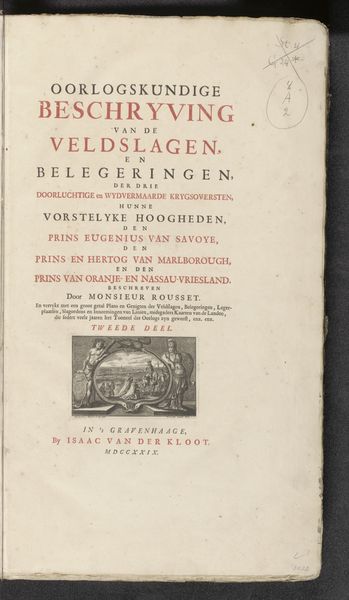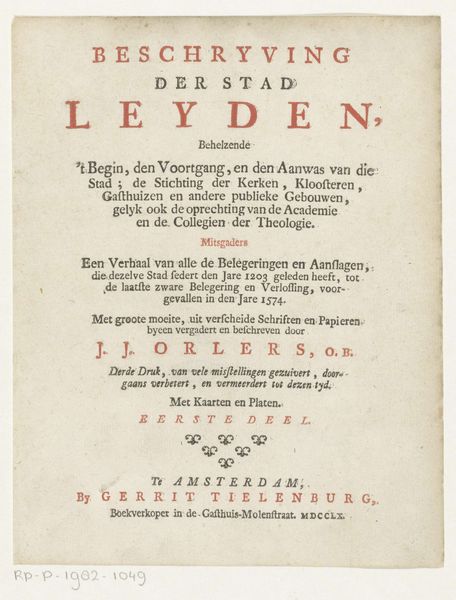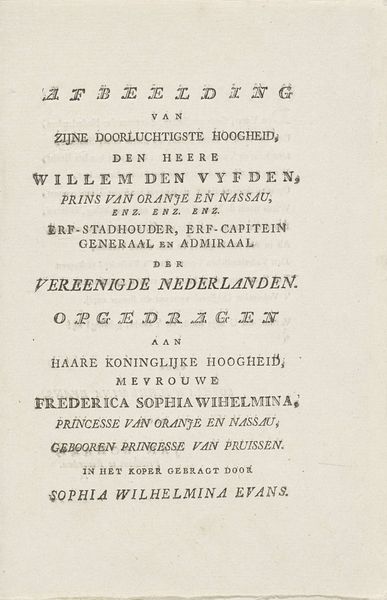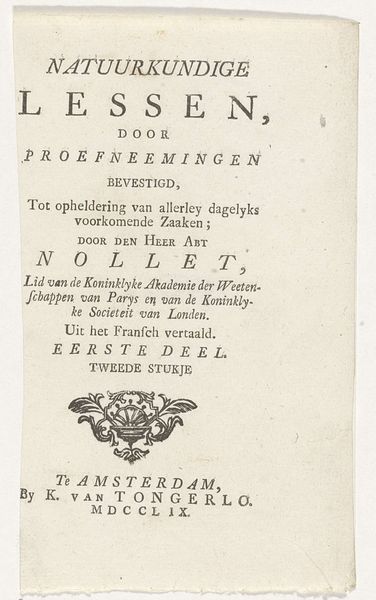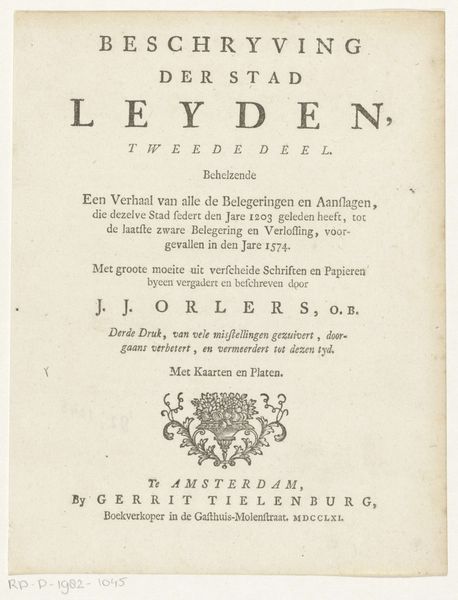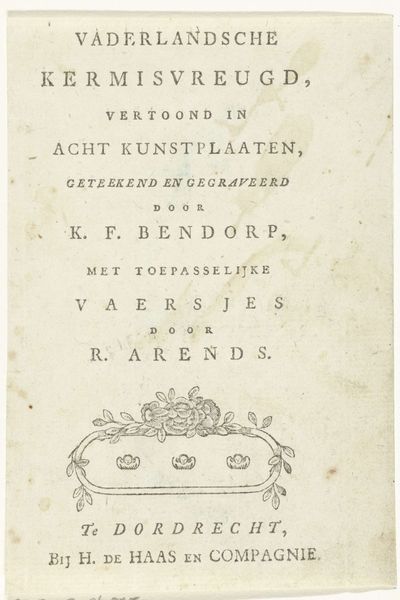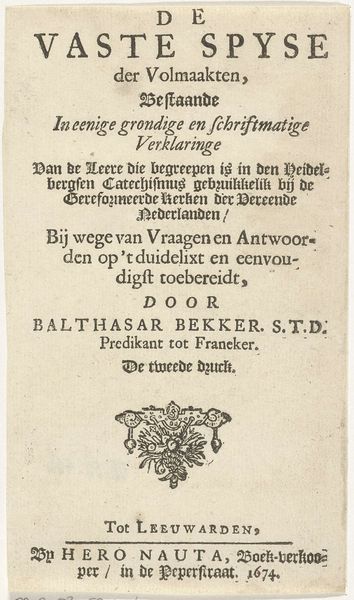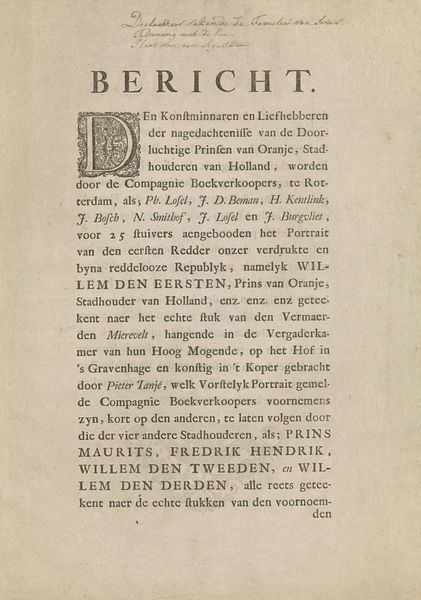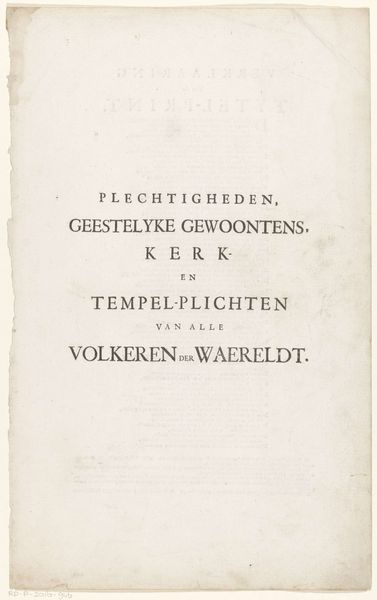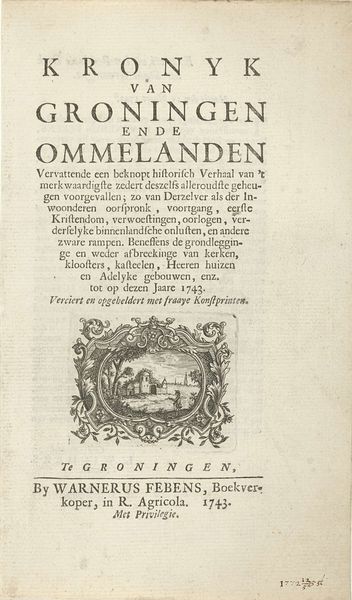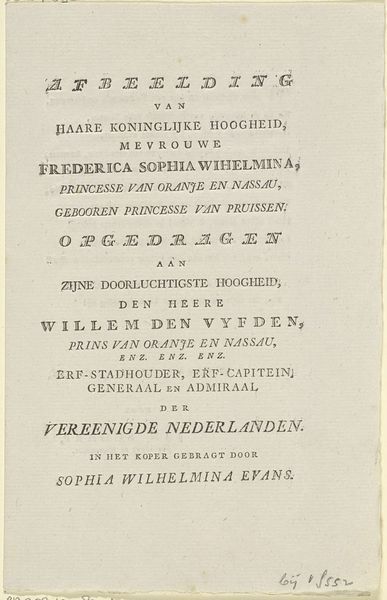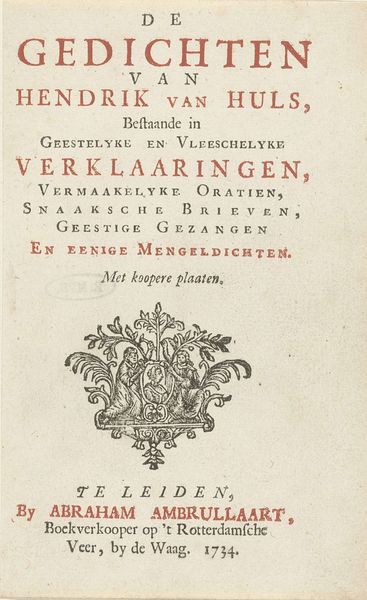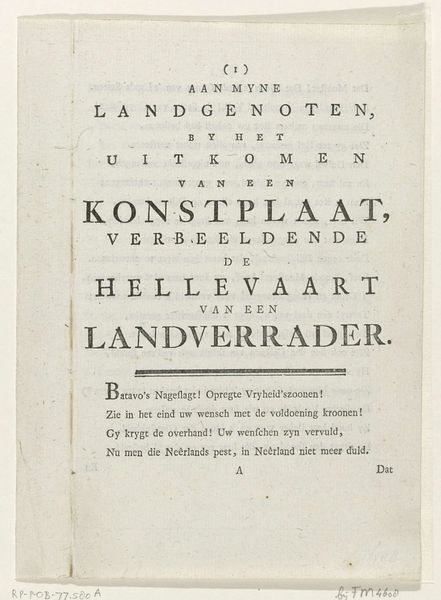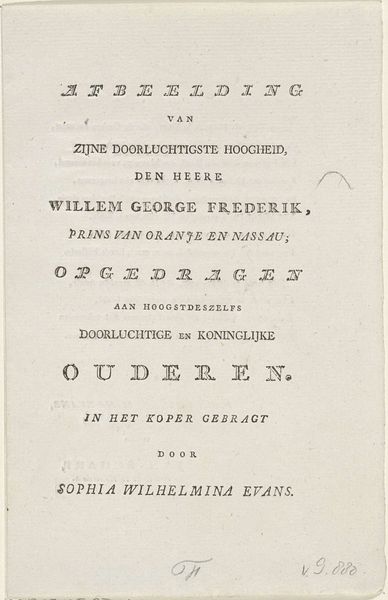
Blad met spotverzen op de portretten van Rijklof Michael van Goes en Petrus Hofstede, 1782 1782
0:00
0:00
anonymous
Rijksmuseum
print, etching, paper, typography, ink, engraving
#
neoclacissism
# print
#
etching
#
paper
#
text
#
typography
#
ink
#
engraving
Dimensions: height 190 mm, width 123 mm
Copyright: Rijks Museum: Open Domain
This is a printed text from 1782 that serves as a satirical attack on Rijklof Michael van Goes. It's a potent example of the enduring power of language to wound and shape public opinion. The most striking symbol here is, of course, the mention of Lucifer. In Christian iconography, Lucifer is the epitome of rebellion and evil, a fallen angel cast out of heaven. But the figure of the 'wolfenhart' can be traced back to ancient Rome, where the wolf was a symbol of both ferocity and nurturing. The symbolic degradation of Goes through association with Lucifer and a wolf's heart engages viewers on a subconscious level. The power of such accusations lies in their ability to tap into primal fears and moral judgments. It is a dark force, indeed. These associations have a non-linear progression, resurfacing and evolving. The figure of Lucifer as a symbol of rebellion, and the wolf as a symbol of brutality is continually re-imagined to express societal anxieties.
Comments
No comments
Be the first to comment and join the conversation on the ultimate creative platform.
